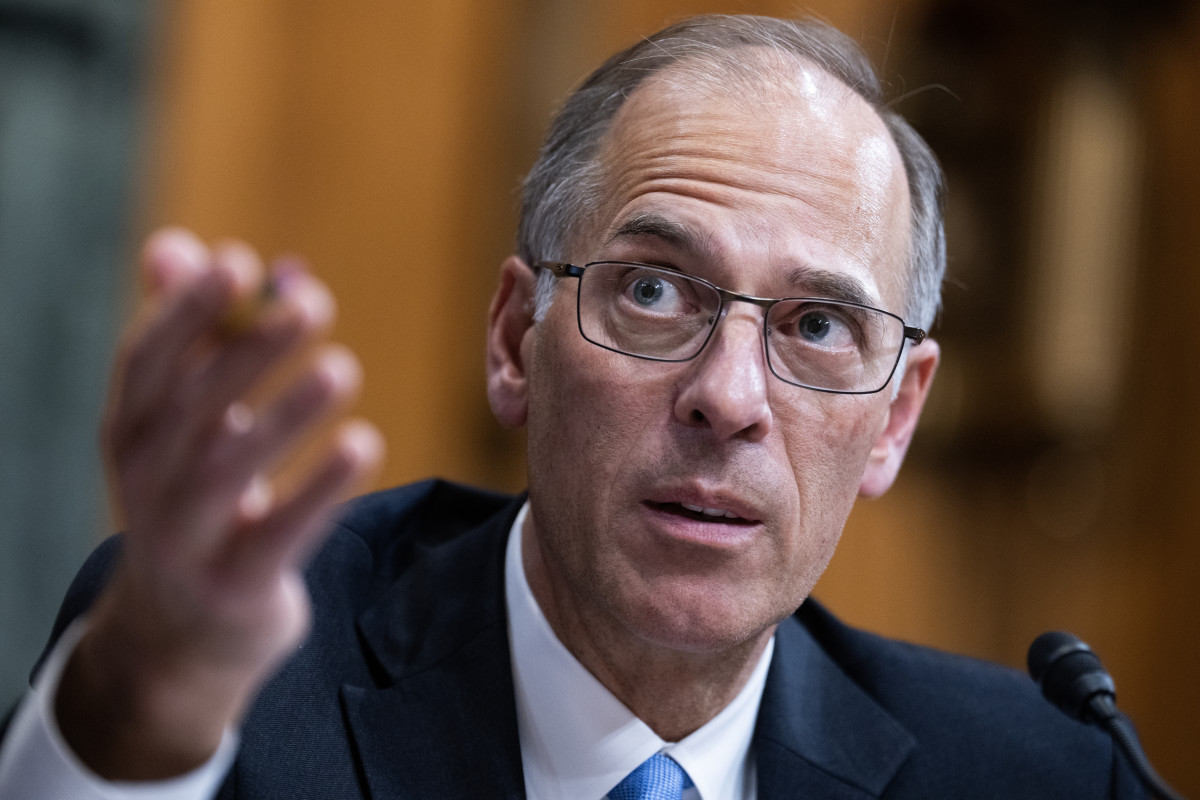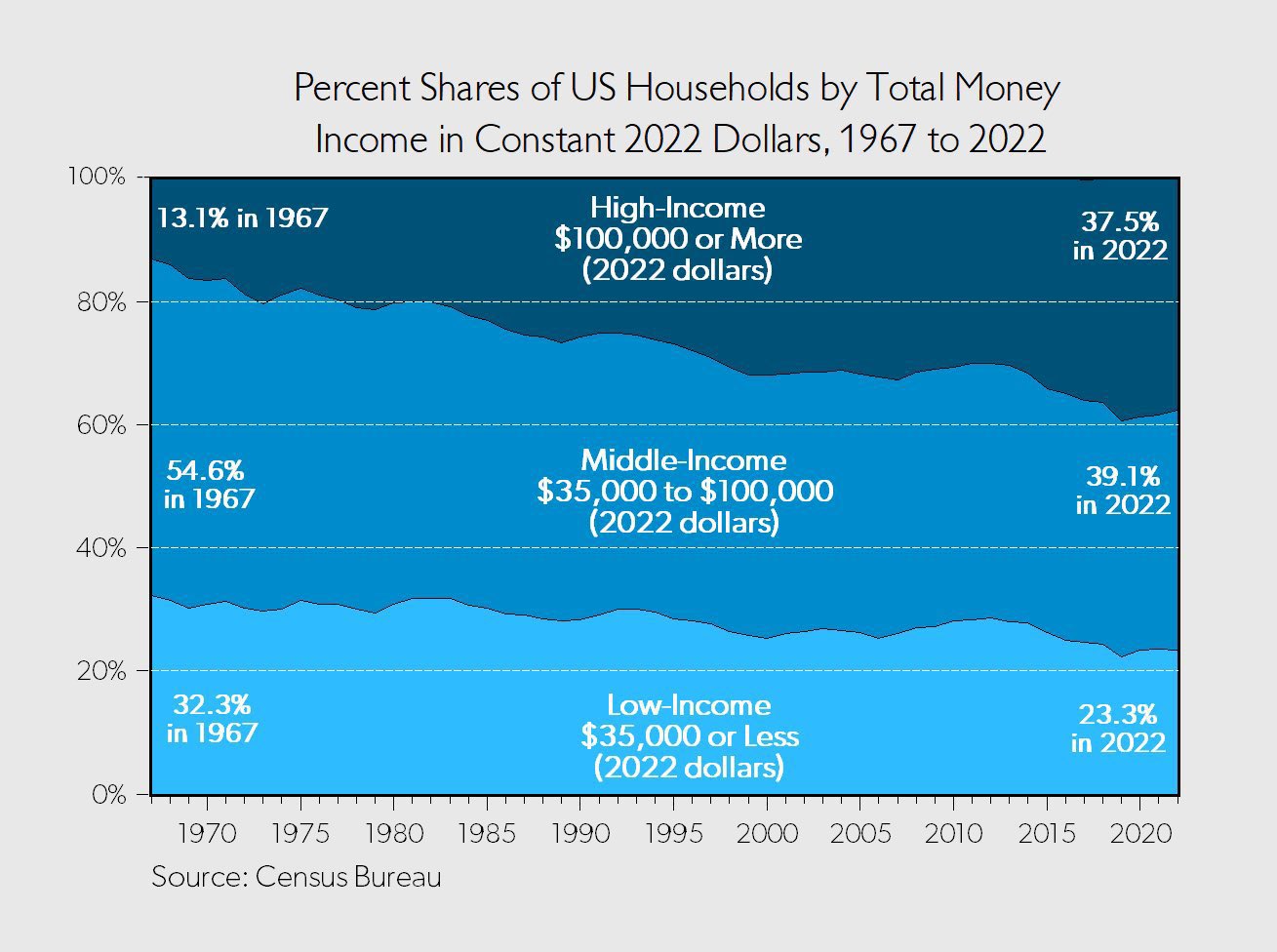Trump promised no taxes on tips and Social Security. But you still need to pay them this year
"Plan according to what is known, not what may happen."

President Donald Trump's pledges to end taxes on tips and Social Security payments have caught the attention of workers across the country. But even if those policies do eventually become law, financial planners are reminding taxpayers that any changes won't affect the returns they must file by April 15 of this year.
While the president endorsed ending taxes on Social Security benefits, tips, and overtime wages during his campaign, as of now, the old rules apply. For tax year 2024—the taxes currently being filed—all cash and non-cash tips are subject to federal taxes, and Social Security is still being taxed.
"Taxpayers should be mindful that a proposal by the president does not mean legislation will be passed accordingly, and to plan according to what is known, not what may happen," says Tipiwa Walker, a certified financial planner (CFP) at Lucre Advisory.
The upshot is taxpayers should be careful about getting their hopes up. Legislation regarding no taxes on Social Security benefits, for example, has been proposed and failed multiple times, says Walker. The reasons are varied, but two big ones are that, assuming everything else stays the same, it would accelerate the insolvency of the program while also increasing the budget deficit significantly. Those are also the reasons some economists don't support that policy.
When it comes to eliminating taxes on overtime, some economists worry that regular tipped workers wouldn't be the ones to benefit most. Instead, they say, it is likely that high earners and employers will use the policy to "game the system." But it could happen at the state level: lawmakers in at least 19 states have introduced bills to exempt overtime pay from state taxes this year.
Similarly, economists say not taxing tips sounds better in theory then it would be for workers in the long run. While it could help boost take-home pay for employees in the service industry in the short run, in the long term, they could lose out on Social Security and Medicare benefits. For now, employees who receive tips still need to keep their daily records and report the tips to their employers, say financial planners.
It's still possible that the policies could see action later this year on the federal level: Congress approved a budget blueprint in February that will help guide future legislation which leaves the door open for them. But the House and Senate currently need to work out a bill together that can pass with the Republicans' slim majority. With so many other competing tax and budget priorities, it is unclear what policies will eventually be included in it.
This story was originally featured on Fortune.com







































































































































































